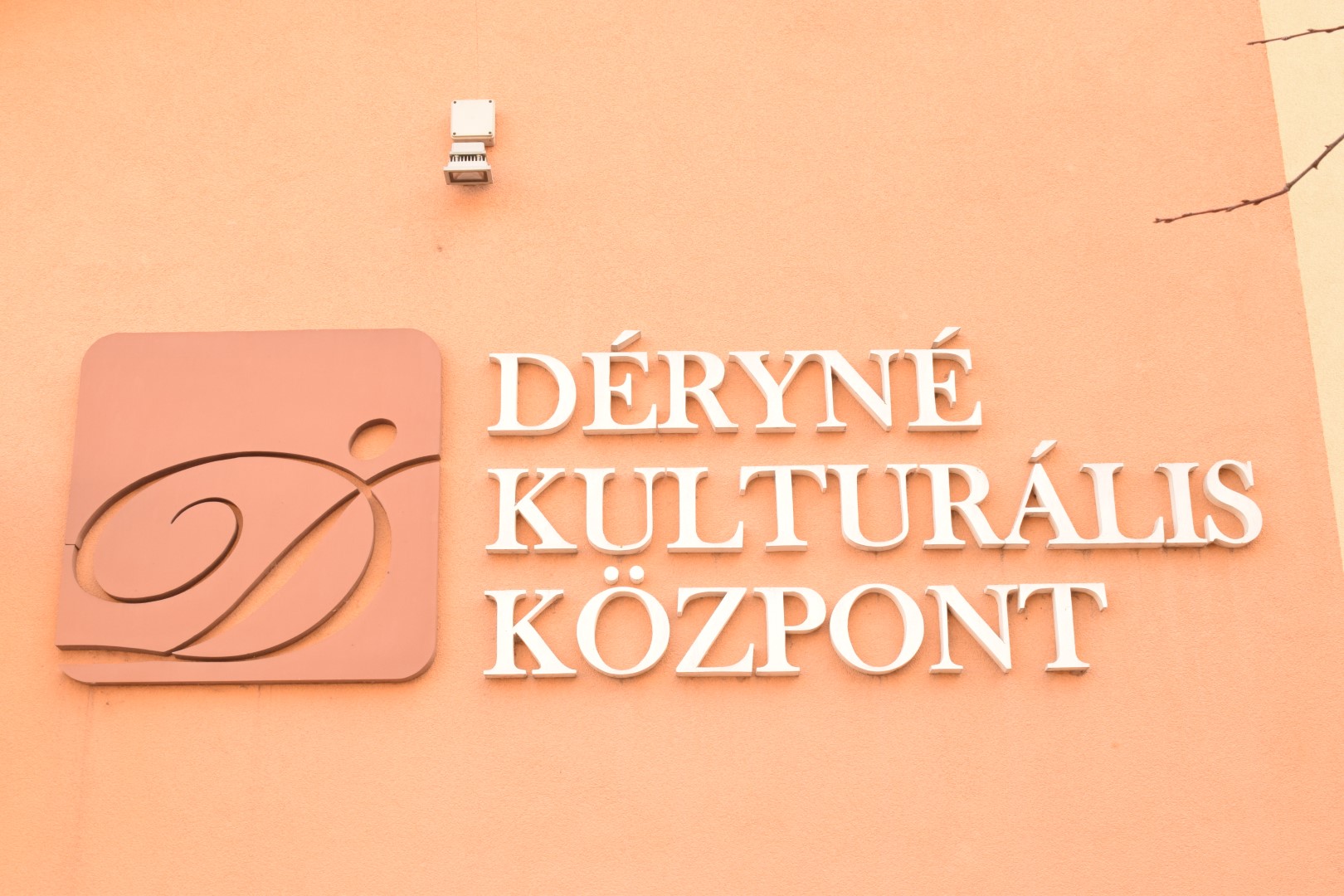RÓZA DÉRYNÉ SZÉPPATAKI
Contributions to culture and science
In the Hacker House in Pest there was a rudimentary stage where the Hungarian troupe from Cluj held performances. Róza often attended these as a spectator and it was because of then that she decided to become an actress. She applied to the director Ádám Láng, but was unsuccessful. In 1810, she signed up with the second Hungarian theatre company, which at that time was based in Hacker’s dance hall, the so-called Hackers’ Hall. There he studied acting and singing, and it was then that she changed her name to Széppataki, at the suggestion of the theatre director József Benke. On 29 March 1810 she made her first appearance in Hamlet, in which she played the role of a court dame. In that year he decided not to go home and to train as an actor. In the autumn of 1819 he joined Dávid Kilényi’s theatre company, performing in Székesfehérvár, Szombathely and Komárom. She was already popular in this period.
Déryné Róza Széppataki spent her life wandering around the country, bringing Hungarian-language theatre to the smallest villages during the historical period of German performances. Her patriotism was not only nominal, she fought for the values of the Hungarian language until the end of her life.
Short biography
Déry Istvánné Széppataki Róza (née Schekenbach, later Rozália Schenbach) (Jászberény, 23 December 1793 – Miskolc, 29 September 1872) was the first Hungarian opera singer, the most popular actress of the travelling theatre era, sister of Johanna Széppataki. Her greatest successes were as a singer-subretta.
Born as the daughter of József Schekenbach and Anna Ridl, she was baptised on 27 December 1798 in Jászberény. Her mother placed her with the downtown cantor Rothkrepf in Pest to study German, where she came into contact with the theatre. In 1810, she signed up with the second Hungarian theatre company, which at that time was based in Hacker’s dance hall, the so-called Hackers’ Hall. In 1813 she married her fellow actor István Déry. In April 1844 she performed in a singing ensemble in Cluj, from June she performed in Vásárhely, later in Torda and Nagybánya. On 12 January 1845 she appeared as a member of the Cluj company as Gervaise, finally beginning to play middle-aged, elderly women. She was in Szeged in early 1846, then performed in Debrecen, where she was booed and the newspapers made jokes about her, asking her of she wanted to die on stage.
She left the stage in 1847 and returned to her husband. István Déry died in January 1862, then Róza moved in with her sister. The last time she performed was in 1868, at Ákos Egressy’s reward performance, carried lap to stage.
Déryné died on 29 September 1872, aged 78, at her home in Miskolc.
Interesting facts
Nobody believed that the not very showy little girl belonged on stage. Born in 1793, Róza proved her worth with her beautiful voice. As a young girl, she was taken to a theatre group, which is how she came to Pest in the early 1800s. She first appeared in the spring of 1810, without lines, in a fancy dress, hiding in the background. A few weeks later, she failed her role at first attempt, babbling her lines with her back to the audience, and only succeeded on the second try.

